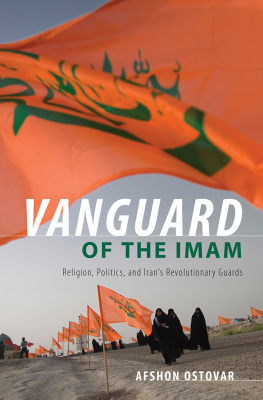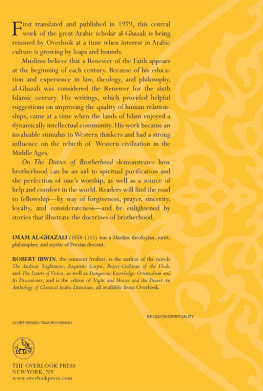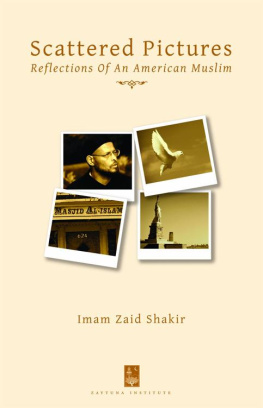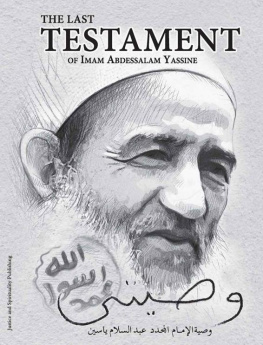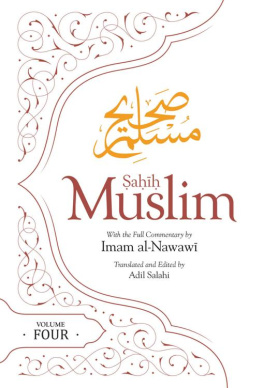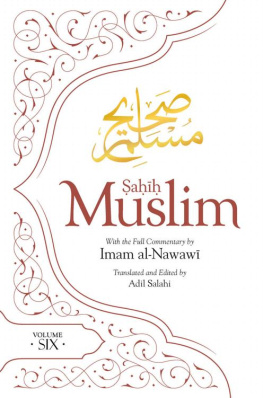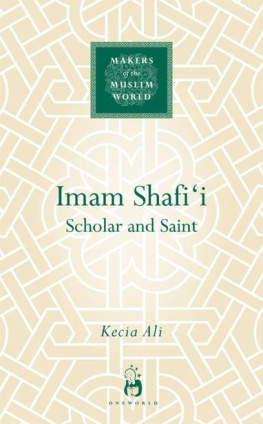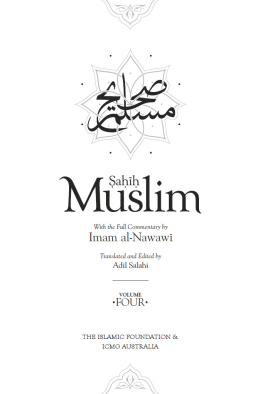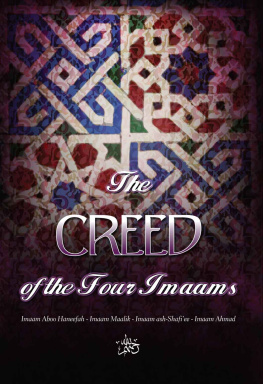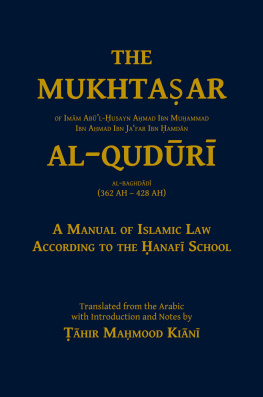Afshon Ostovar - Vanguard of the Imam
Here you can read online Afshon Ostovar - Vanguard of the Imam full text of the book (entire story) in english for free. Download pdf and epub, get meaning, cover and reviews about this ebook. year: 2016, publisher: OUP Premium, genre: Politics. Description of the work, (preface) as well as reviews are available. Best literature library LitArk.com created for fans of good reading and offers a wide selection of genres:
Romance novel
Science fiction
Adventure
Detective
Science
History
Home and family
Prose
Art
Politics
Computer
Non-fiction
Religion
Business
Children
Humor
Choose a favorite category and find really read worthwhile books. Enjoy immersion in the world of imagination, feel the emotions of the characters or learn something new for yourself, make an fascinating discovery.
- Book:Vanguard of the Imam
- Author:
- Publisher:OUP Premium
- Genre:
- Year:2016
- Rating:5 / 5
- Favourites:Add to favourites
- Your mark:
- 100
- 1
- 2
- 3
- 4
- 5
Vanguard of the Imam: summary, description and annotation
We offer to read an annotation, description, summary or preface (depends on what the author of the book "Vanguard of the Imam" wrote himself). If you haven't found the necessary information about the book — write in the comments, we will try to find it.
Vanguard of the Imam — read online for free the complete book (whole text) full work
Below is the text of the book, divided by pages. System saving the place of the last page read, allows you to conveniently read the book "Vanguard of the Imam" online for free, without having to search again every time where you left off. Put a bookmark, and you can go to the page where you finished reading at any time.
Font size:
Interval:
Bookmark:


Oxford University Press is a department of the University of Oxford. It furthers the Universitys objective of excellence in research, scholarship, and education by publishing worldwide. Oxford is a registered trade mark of Oxford University Press in the UK and certain other countries.
Published in the United States of America by Oxford University Press
198 Madison Avenue, New York, NY 10016, United States of America.
Oxford University Press 2016
All rights reserved. No part of this publication may be reproduced, stored in a retrieval system, or transmitted, in any form or by any means, without the prior permission in writing of Oxford University Press, or as expressly permitted by law, by license, or under terms agreed with the appropriate reproduction rights organization. Inquiries concerning reproduction outside the scope of the above should be sent to the Rights Department, Oxford University Press, at the address above.
You must not circulate this work in any other form and you must impose this same condition on any acquirer.
Cataloging-in-Publication data is on file at the Library of Congress
ISBN 9780199387892
eISBN 9780190491710
For Michele and Ladan
For their love, patience, and for keeping me humble.
Very, very humble.
So turns the world; her favors are soon passed,
All whom she nourishes must die at last.
One she will raise from earth to heights unknown,
One she will cast down from a royal throne;
But theres no cause to triumph or complain,
Such is the way she turns, and turns again:
Where are those heroes now, those champions, where?
Drive out such mortal thoughts, that bring despair.
Many people contributed to this endeavor, both directly and indirectly. I am grateful to the three anonymous reviewers who took the time to read and respond to my manuscript. Their criticism and suggestions were invaluable. The editorial and production staff at Oxford University Press have been exceptional. David McBrides calm stewardship has made this experience nearly painless. Kathleen Weaver was instrumental in getting this book through production and gently prodded me along the way. Deepti Agarwal was likewise patient and professional throughout the production process.
Juan Cole, Kathryn Babayan, Sussan Babaie, and Farina Mir commented extensively on this study when it was still in dissertation form. Their critical feedback has stayed with me and informs the present text. Ryan Evans read and commented on chapters of the book. Ryan identified weak points and encouraged me to strengthen certain arguments. Will McCants was a trusted sounding board, as well as a cheerleader when I needed it the most. Abbas Miliani offered pithy, keen guidance at the outset of this effort. Daniel Byman, William Rosenau, Carter Malkasian, and Ryan Gingeras all provided excellent advice at various stages. My colleagues at CNA, especially Mike Connell, Eric Thompson, Ken Gause, and Ralph Espach, have contributed to my thinking on security issues and political organizations. Connie Custer provided generous support while at CNA. I am also indebted to Michael Markowitz for producing the maps in this book.
I am appreciative of the community of analysts, researchers, and academics working on religious and political affairs of the Middle East. I have benefited immensely from their work, as well as from our conversations and debates. This is particularly true for the relatively small community of researchers who write on the IRGC. Although I find myself at times in disagreement, their critical perspectives have been vital to the development of my own. The journalists covering Iran and the Middle East are the unsung heroes of this study. Contemporary history cannot be engaged effectively without their reporting. Reporters such as Jason Rezaian, who, as of writing, has remained in Tehrans Evin Prison, in solitary confinement, for over a five hundred daysdespite penning dispatches that showcased a softer, more humane side of Iranare essential to our understanding of the world, especially its ugly side, and often take risks in doing so.
I am forever thankful for the support and love of my family. Even if they did not always understand what I was writing about or why, the encouragement of my dear mother and my father, as well as my sister, aunts and uncles, never ceased. Michele and Ladan endured my preoccupation with grace and humor. They made it easy for me to write, tolerated the music that came from my office, and provided the best excuse to stop typing. Michele also created the design concept for the books cover and helped in the preparation of the images used in this study, for which I am deeply grateful. Finally, I am thankful for my record player. I could not have finished this book without it.
For the transliteration of Persian and Arabic words, I generally follow a modified version of prevailing academic systems. I avoid using all diacritical marks, and with the exception of certain instances, I also avoid using marks for the letter ayn and hamza glottal stop. Such marks are superfluous to specialists for ordinary words, and are needlessly (if unintentionally) exoticizing to general readers. I tend to use the most common spellings for proper nouns that appear frequently in English. A notable exception is the Islamic Revolutionary Guards Corps, which is often referred to as a Guard. The organizations name in Persian (sepah-e pasdaran-e enqelab-e eslami) literally translates to Corps of the Guardians of the Islamic Revolution. It is not a guard in the sense of the National Guard, but rather an army of sentinels. I refer to the organization in many ways (IRGC, Revolutionary Guards, Guards Corps, the Guards) throughout the book, but always retain the plural meaning of Guards (pasdaran).
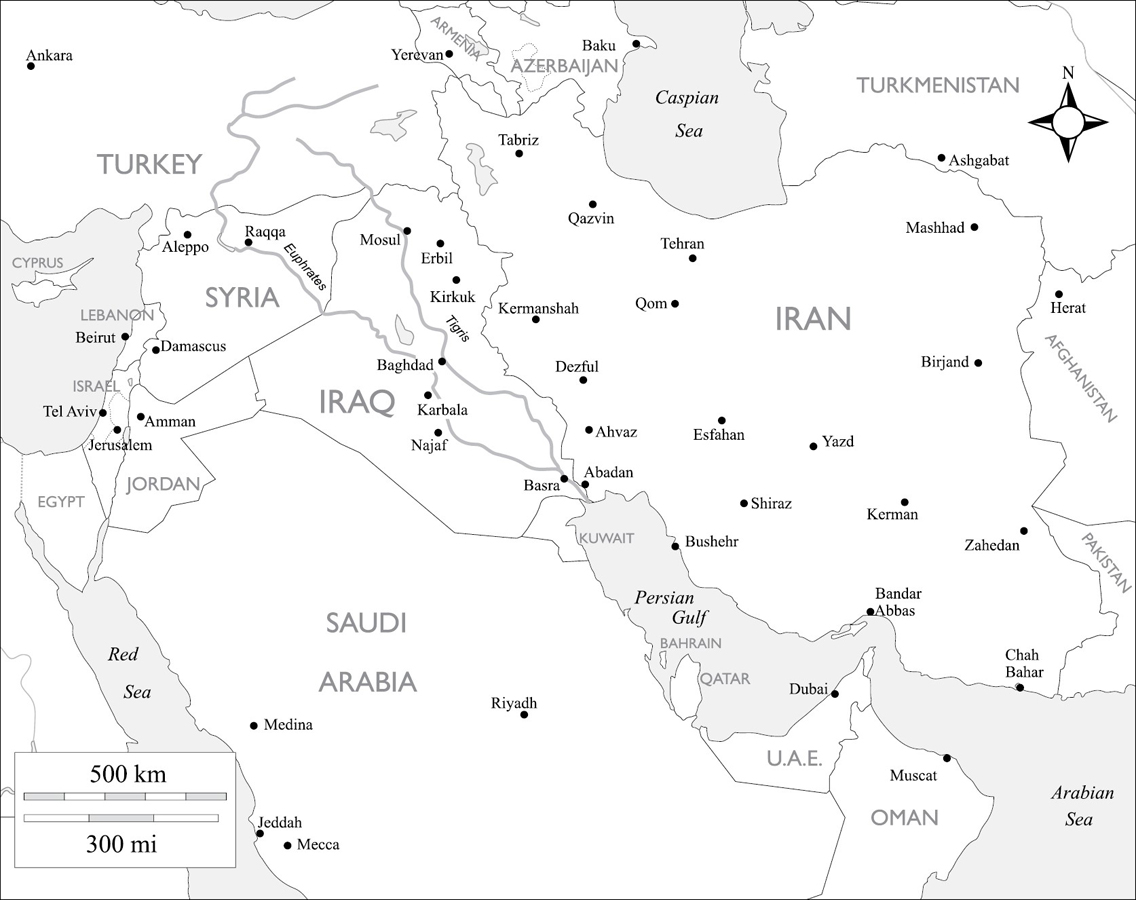
Map 1 The Middle East
The crowd seethed. Thousands of university students had amassed outside the gates of the British Embassy on November 29, 2011. They shouted slogans and held signs to express their fury. With police and security forces standing on the sidelines, the students pressed forward and meticulously broke through the massive iron gate that separated the embassyand sovereign British soilfrom the streets of central Tehran.
About fifty protestors pushed into the embassy compound. They smashed windows, broke doors, and set fires. Iranian state television cameras recorded some of the mayhem. Students pillaged the embassy and looted associated buildings of works of art, valuables, and odd decorative items such as a Pulp Fiction movie poster. A portrait of Queen Elizabeth II was brought into the courtyard and provocatively smashed and set alight. A few miles away, hundreds of students broke into the walled Qolhak Garden complexan area that housed much of the British staff and their families. There, protestors pillaged homes, harassed residents, and at one point, encircled a group of British staff members who were let go only after police intervened. Fires glowed through the dense trees of the once serene compound.
The students were furious at the United Kingdoms policies toward Iran and demanded that its ambassador be deported. They were more broadly protesting foreign pressure on Iran. Britain had recently agreed to join the United States in sanctioning Irans access to international banking systemsessentially cutting off the Islamic Republic from most forms of transactions with foreign entities. This was in addition to the already harsh sanctions that the United States and the United Nations Security Council had imposed on Iran in response to its nuclear enrichment program.
Font size:
Interval:
Bookmark:
Similar books «Vanguard of the Imam»
Look at similar books to Vanguard of the Imam. We have selected literature similar in name and meaning in the hope of providing readers with more options to find new, interesting, not yet read works.
Discussion, reviews of the book Vanguard of the Imam and just readers' own opinions. Leave your comments, write what you think about the work, its meaning or the main characters. Specify what exactly you liked and what you didn't like, and why you think so.

